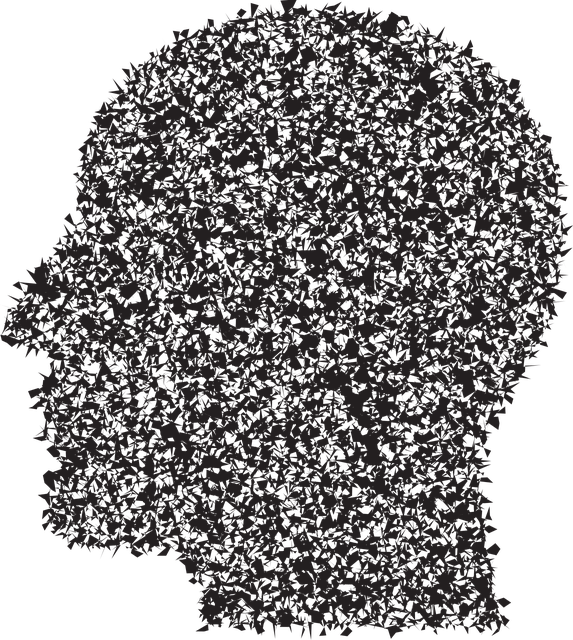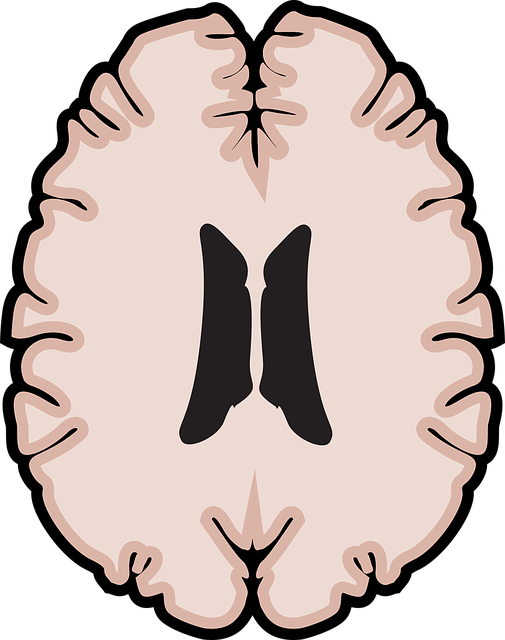Colorado Springs Anxiety Therapy employs a comprehensive evaluation strategy to ensure its programs meet and exceed mental wellness expectations. This involves combining quantitative methods, such as self-reported questionnaires, with qualitative feedback from clients, healthcare providers, and stakeholders. The program's effectiveness is measured in terms of symptom reduction, improved mood management, and tailored communication strategies, addressing cultural competency. Rigorous evaluations highlight the success of their Crisis Intervention Guidance and Mind Over Matter techniques in enhancing mental health outcomes and fostering community resilience. This data-driven approach contributes to continuous improvement, refining services for better client outcomes and positioning Colorado Springs Anxiety Therapy as a global leader in anxiety therapy.
Mental wellness program evaluation is a crucial aspect of ensuring effective support for individuals seeking help. This article explores comprehensive methods used in evaluating such programs, highlighting real-world examples like the impact of Colorado Springs Anxiety Therapy. We delve into quantitative measures, qualitative feedback, and continuous improvement strategies. By combining these approaches, mental health services can optimize their effectiveness, offering better outcomes for clients, as illustrated by the success stories from Colorado Springs.
- Understanding Mental Wellness Program Evaluation
- Assessing the Impact of Colorado Springs Anxiety Therapy
- Quantitative Methods for Measuring Success
- Qualitative Feedback and Client Testimonials
- Continuous Improvement through Program Evaluation
Understanding Mental Wellness Program Evaluation

Evaluating mental wellness programs is a multifaceted process that goes beyond mere satisfaction surveys. It involves assessing the effectiveness and impact of interventions designed to address various mental health concerns, such as anxiety and stress management, in settings like Colorado Springs Anxiety Therapy. This comprehensive evaluation requires a strategic approach, incorporating qualitative and quantitative methods to gather insights from participants, healthcare providers, and other stakeholders.
Effective program evaluation in mental wellness considers not just the individual’s response but also the cultural competency of healthcare providers, reflected in their interactions and tailored communication strategies. It may involve surveys, interviews, focus groups, and even the production of a Mental Wellness Podcast Series to capture diverse perspectives. By employing these methods, organizations can gain valuable insights into what works best, identify areas for improvement, and ensure that services remain responsive to the evolving needs of their community.
Assessing the Impact of Colorado Springs Anxiety Therapy

The impact of Colorado Springs Anxiety Therapy goes beyond mere numbers and statistics. By employing innovative approaches like Crisis Intervention Guidance and leveraging the power of Mind Over Matter principles, this program has shown significant success in fostering mental wellness within the community. The therapy not only equips individuals with effective coping mechanisms but also aims to reduce the stigma associated with mental illness, creating a supportive environment for those seeking help.
Through rigorous evaluations, it’s evident that Colorado Springs Anxiety Therapy is making strides in improving the lives of its participants. By addressing root causes and promoting resilience, the program encourages long-term mental health stability. These efforts contribute to a more resilient community where individuals can thrive without the shackles of anxiety, highlighting the program’s effectiveness and its potential to scale and inspire similar initiatives worldwide.
Quantitative Methods for Measuring Success

In evaluating the success of mental wellness programs, particularly in settings like Colorado Springs anxiety therapy clinics, quantitative methods play a pivotal role. These evidence-based approaches allow professionals to measure and track improvements in various aspects of client well-being. Common metrics include self-reported questionnaires that gauge changes in symptoms, such as those associated with anxiety disorders. By comparing pre- and post-program scores, therapists can quantify the effectiveness of interventions.
Quantitative data also facilitates risk management planning for mental health professionals. It helps identify high-risk individuals who may require more intensive care or alternative stress reduction methods. Furthermore, these data are invaluable for mood management strategies, providing insights into what therapeutic techniques resonate best with different populations. Ultimately, leveraging quantitative methods in Colorado Springs anxiety therapy contributes to refining programs, ensuring continuous improvement, and enhancing client outcomes.
Qualitative Feedback and Client Testimonials

The evaluation of mental wellness programs often includes qualitative feedback from participants, which provides valuable insights into their experiences and perceptions. At Colorado Springs Anxiety Therapy, for instance, client testimonials play a significant role in understanding the impact of the provided services. These personal accounts offer a glimpse into the emotional healing processes that have taken place, shedding light on improvements in managing stress reduction methods and trauma support services.
Qualitative feedback is a powerful tool to gauge the effectiveness of mental wellness programs as it captures individual stories and unique journeys. By gathering client testimonials, therapists can assess not only the success rates but also the overall satisfaction and sense of well-being fostered within the therapeutic environment. This method allows for a more nuanced understanding of the emotional healing processes at play, ensuring that services remain tailored to meet the diverse needs of each individual.
Continuous Improvement through Program Evaluation

In the realm of Colorado Springs anxiety therapy and broader mental wellness programs, continuous improvement is paramount. Program evaluation serves as a powerful tool to measure effectiveness, identify areas for enhancement, and ensure services align with best practices. By regularly assessing outcomes, therapists and counselors can gain valuable insights into what works and where adjustments are needed. This iterative process fosters a culture of excellence, allowing programs to adapt and optimize their strategies over time.
Emotional intelligence, conflict resolution techniques, and risk assessment for mental health professionals all play integral roles in this evaluation framework. Emotional intelligence enables practitioners to understand and respond to clients’ nuanced emotional needs, while conflict resolution techniques facilitate healthier interactions both within the therapy setting and beyond. Risk assessment ensures that potential hazards are identified and managed proactively, safeguarding both clients and professionals. These interconnected elements collectively contribute to a robust evaluation method, ultimately enhancing the quality of care delivered in Colorado Springs anxiety therapy programs.
Evaluating mental wellness programs is paramount, especially for initiatives like Colorado Springs Anxiety Therapy, to ensure their effectiveness and adaptability. By combining quantitative metrics with qualitative feedback, as highlighted in this discussion, we can gain a holistic understanding of program success. Continuous improvement is achievable through regular evaluation, allowing us to refine and optimize services, ultimately enhancing the well-being of individuals seeking support for anxiety-related issues in Colorado Springs.













